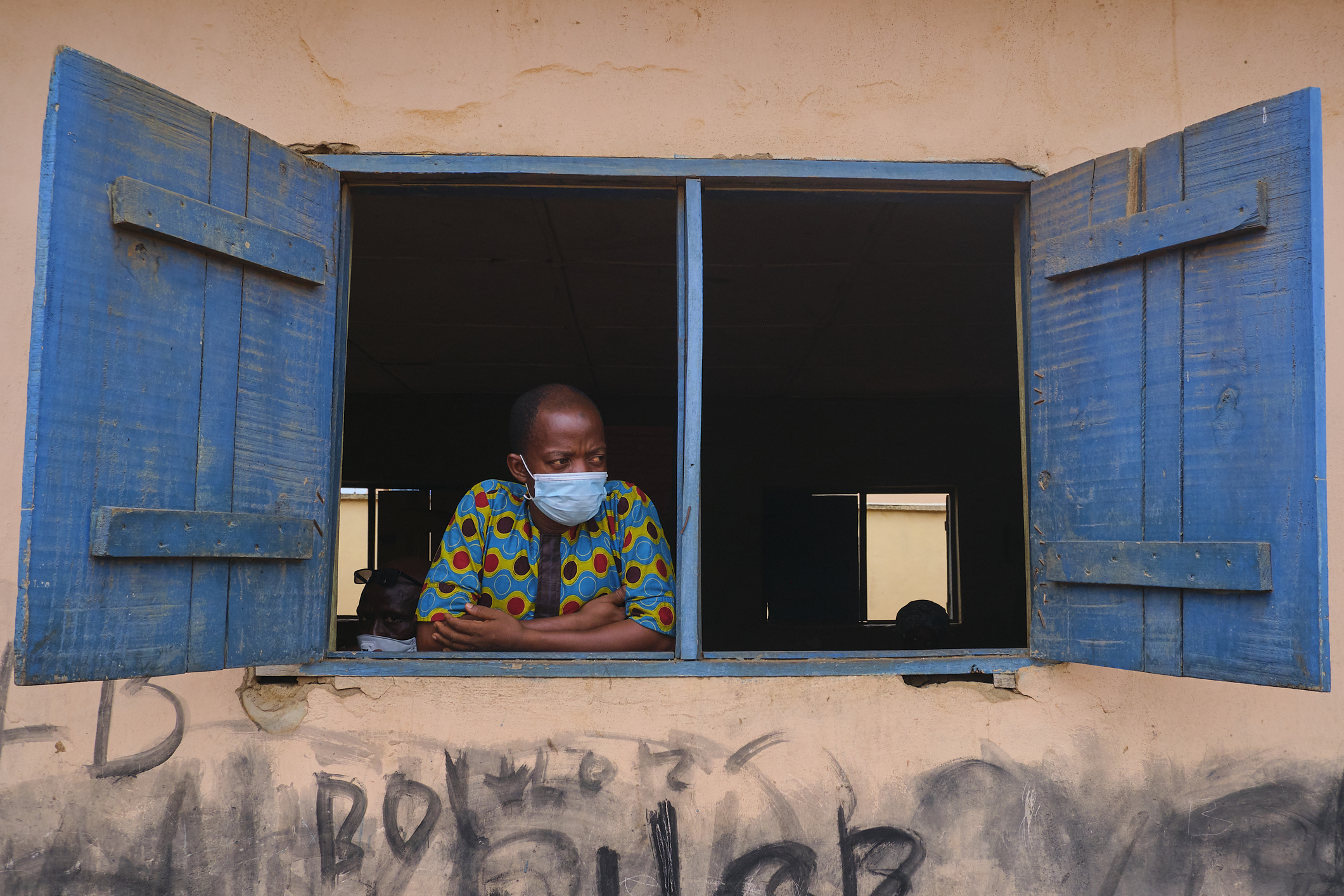
The case for insurance innovators to consider the cell captive regulatory model
In many African countries, the potential for inclusive insurance markets is significant, however, this potential has yet to be fully realised. High entry barriers for new innovative players and regulation that may not effectively accommodate them are important contributing factors. The cell captive model has emerged as a way for entrepreneurs or organisations with an insurance business












